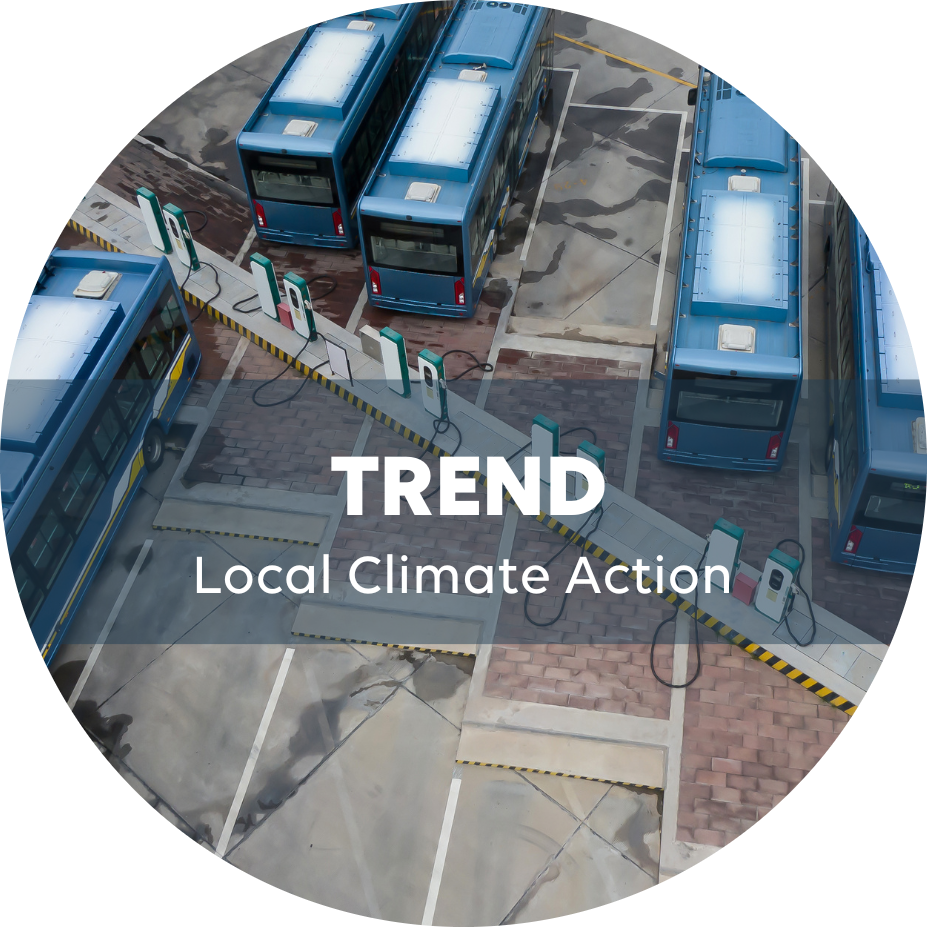Local Action • Local authorities in 2020: innovation and progress in times of pandemic
Despite a year marked by the pandemic, 2020 saw local authorities make progress in their climate action planning, the densification of local services through regulation and direct investment and purchasing, in areas such as energy and transport.

At its 43rd session in Nairobi (April 2016), the IPCC confirmed the key role of cities in the fight against climate change. In particular, it suggested devoting a special report to climate change and cities as part of its 7th assessment cycle (AR7), due to begin after the 2023 Global Stocktake. To this end, the IPCC organised a scientific conference on cities and climate change (in Edmonton, Canada – 5-7 March 2018), to assess the state of academic, policy and practical knowledge on climate change and cities. The conference brought together over 700 participants from all fields and involved key city and regional networks (ICLEI, C40, UCLG, Cities Alliance…).
The Research and Action Programme is a synthesis of these discussions and comprises three sections:
- Cross-cutting issues and knowledge gaps
- Key research areas where the availability of more evidence-based knowledge would help practitioners and decision-makers to address city-specific climate challenges
- Suggested approaches for implementing the Research and Action Programme by strengthening the interface between science, practice and policy.
At the same time, the Global Covenant of Mayors for Climate and Energy has also made progress in research and innovation on urban issues. With a view to fuelling this collaborative dynamic with concrete examples and tangible results of locally-led initiatives, the following section presents some of the main trends observed in city action over the past year. Without aiming to be exhaustive, we have carried out a literature review and present here examples of remarkable actions, in different policy areas, that cities can take through three levers: planning, normative power (regulations) and procurement.









